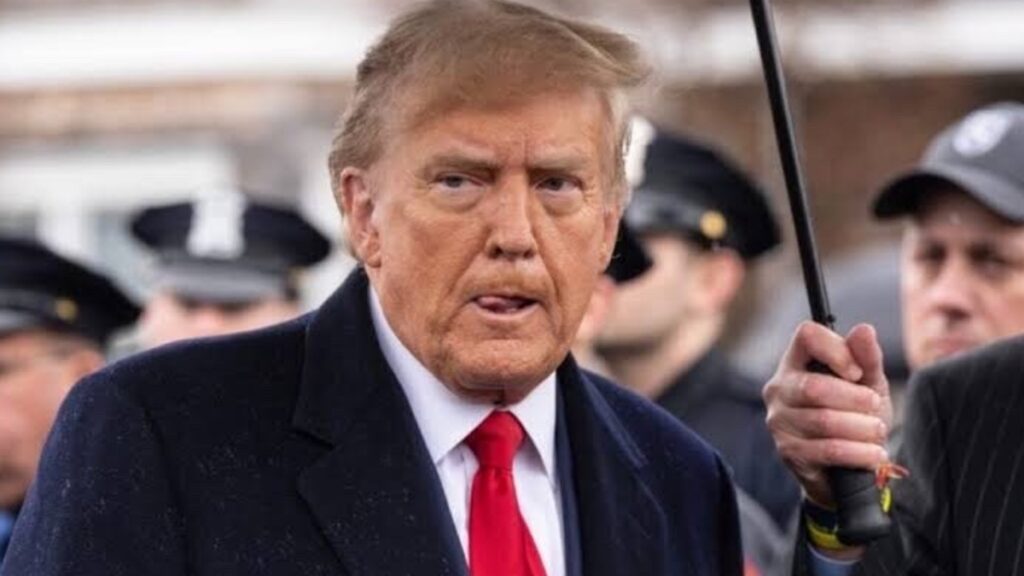After assessing their advisors, more crypto parallels emerged between a potential Donald Trump and Kamala Harris administration.

In anticipation of a potential second term in office, Republican presidential nominee Donald Trump appointed several pro-crypto people to his transition team.
Although appointing important staff members prior to an election is standard procedure, Trump’s pro-crypto team might have increased his community appeal.
Trump declared that Linda McMahon, chair of the America First Policy Institute, and Howard Lutnick, CEO of Cantor Fitzgerald, would serve as co-chairs of the team.
Speaking at the Bitcoin 2024 conference in Nashville, Lutnick, a vocal proponent of Bitcoin, mentioned that Trump had promised to establish a strategic Bitcoin reserve.
Additionally, Cantor Fitzgerald, who has been Tether’s custodian since 2021, verified the company’s multibillion-dollar balance sheet.
In April, Lutnick also pushed for asset tokenization and stablecoins, just before Cantor Fitzgerald announced a $2 billion Bitcoin fundraising campaign. J.D. Vance, the Republican nominee for vice president, will act as an honorary chair.
Vance was the first presidential candidate to possess Bitcoin and also introduced pro-crypto legislation in the Senate.
Eric Trump and Donald Trump Jr. are also involved in the conflict. Trump’s two sons are engaged in a cryptocurrency enterprise.
DTJ has already created an official Telegram channel called “The Defiant Ones” to provide reliable information on the subject.
This was a measure to stop con artists from taking advantage of the excitement around Trump’s cryptocurrency initiative to con investors.
Harris’ Advisors
Conversely, Kamala Harris, the Democratic nominee and current vice president, brought anti-crypto experts from President Joe Biden’s team on board.
Bloomberg claims that Harris is reaching out to people like Bharat Ramamurti, Brian Deese, and Wally Adeyemo, the deputy secretary of the Treasury.
Operation Choke Point 2.0, a scheme to debunk cryptocurrency companies and protect digital assets from conventional financial institutions, is thought to have been designed by Deese.
Adeyemo has been instrumental in the Treasury’s campaign against cryptocurrency mixers and in pushing for strict laws governing blockchain operations in the United States.
Digital asset advocates undoubtedly had the biggest anxiety about Harris’ radio silence on crypto policies, while the industry conjectured about potential appointees and advisors.
